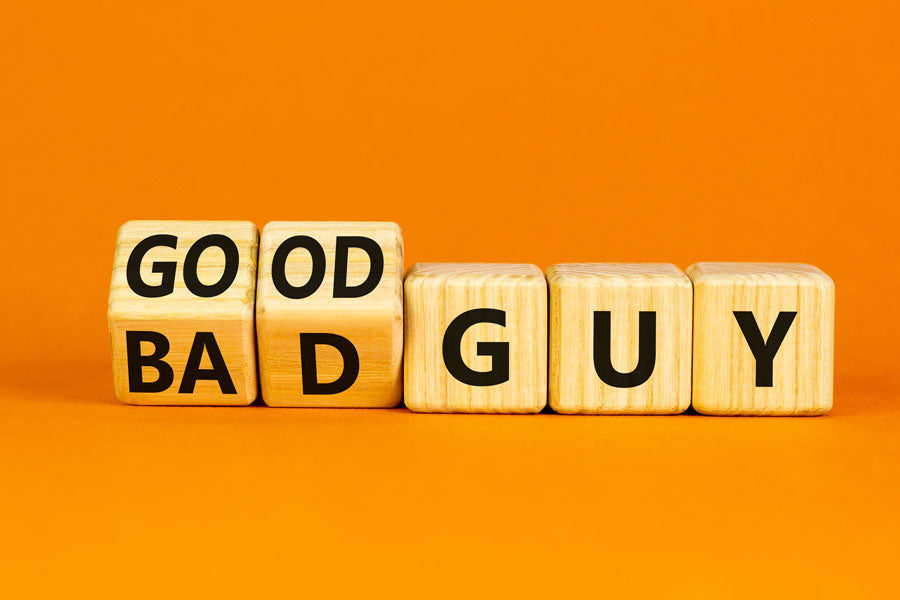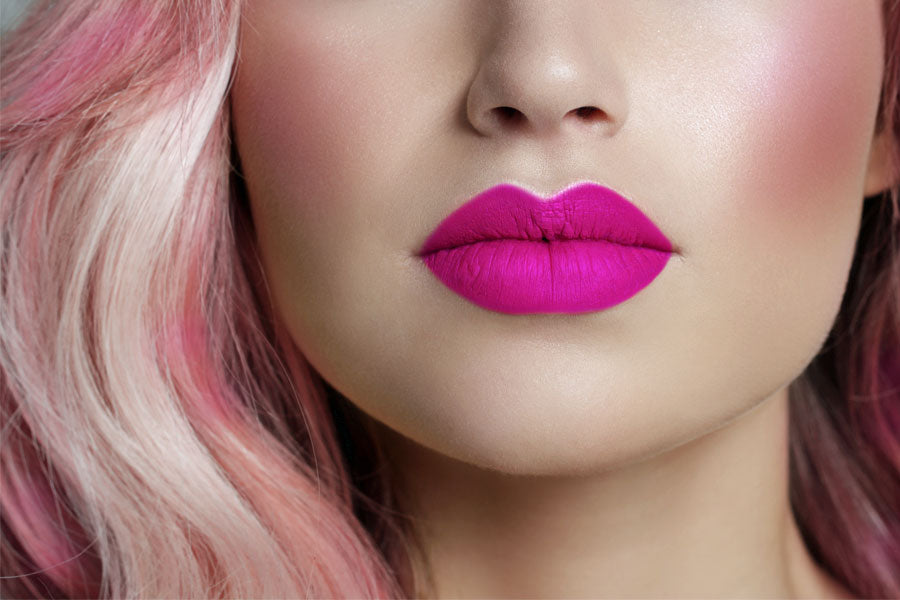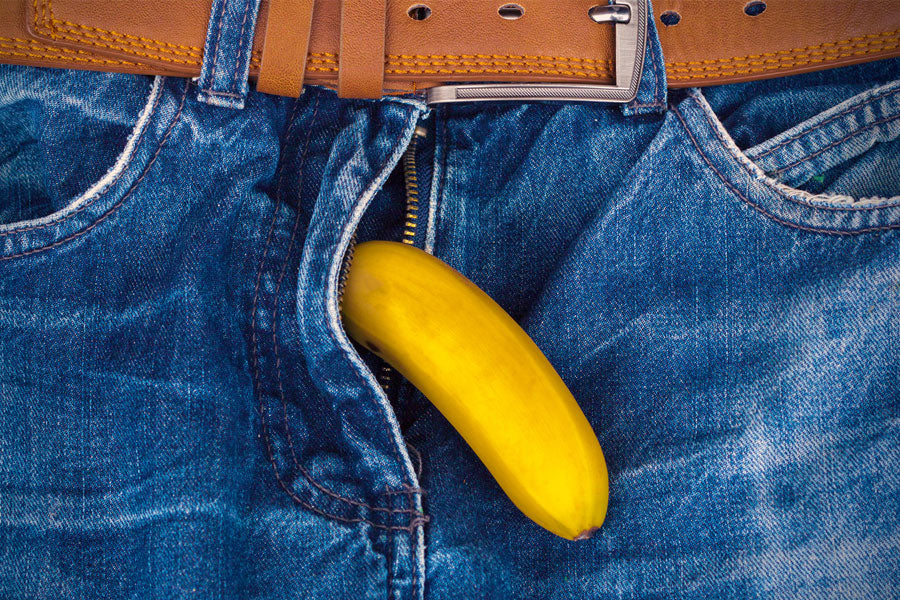Trusted for 25+ Years
Sad Girl Trend On TikTok: A Glimpse Into The Hidden Struggles Of Many

Dr. Lisa Lawless, CEO of Holistic Wisdom
Clinical Psychotherapist: Relationship & Sexual Health Expert

What Is The "Sad Girl" Trend?
TikTok has recently given rise to something called the "Sad Girl" trend.
What's that, you ask? Well, let's dive in!
Essentially, it's videos where girls and women pour their hearts out, often with a text overlay while they tear up or look sad. There is often a melancholy song playing that sets the emotional tone.
In these videos, women share their emotional moments, often related to heartbreak, abuse, trauma, or other hardships. It's kind of like a heartfelt digital diary brought to life.
Why Are Sad Girl Videos So Popular?
What's all the buzz about? Well, it's all about showing your vulnerability, warts and all. But it's not just about airing out dirty laundry; it's also sparked some meaningful conversations about mental health, understanding each other better, not feeling alone, and being there for one another.
In some cases, "sad girl" videos also feature celebrities being interviewed, where they break down in tears or struggle to hold their emotions together. Participating in the "sad girl" trend can be courageous, as our society tends to glamorize women who portray themselves as always doing well and that everything is fine.
Sharing Painful Stories
While it may appear as a voyeuristic or attention-seeking endeavor to some, many participants find solace in sharing their stories. It can be a cathartic experience and may help them connect with others who have gone through similar situations.
Ultimately, the "Sad Girl" trend may serve as a platform to openly share challenges while seeking understanding from the TikTok community, which can be quite empowering under the right circumstances.
Raising Awareness About Mental Health
One of the positive aspects of the "Sad Girl" trend is that it encourages open conversations about mental health and contributes to reducing the stigma surrounding it.
Sometimes, people may feel isolated in their emotions, and sharing their experiences in this trend could be a way to connect with others who have similar feelings. A message that "you are not alone" can be powerful and beneficial. It can provide a sense of belonging and validation for such challenging emotions.
Connection To The Movie "Barbie"
There's another TikTok trend circulating where people are sharing clips from the latest "Barbie" movie, and it has resonated with numerous females. This trend also seems to be a way for people to connect with the idea that many girls and women often struggle silently while putting on a brave face.
This Barbie trend aligns with the "sad girl" phenomenon, as many are using Billie Eilish's "What Was I Made For?" song in their videos, which was prominently featured in the "Barbie" movie.
Furthermore, America Ferrera, who plays the character Gloria, has a moving speech about how it is impossible to be a woman which is one of the most talked-about scenes from Greta Gerwig's blockbuster film Barbie:
"It is literally impossible to be a woman. You are so beautiful and so smart, and it kills me that you don't think you're good enough. Like, we have to always be extraordinary, but somehow, we're always doing it wrong.
You have to be thin but not too thin, and you can never say you wanna be thin. You have to say you want to be healthy, but also you have to be thin.
You have to have money, which you can't ask for because that's crass. You have to be a boss, but you can't be mean. You have to lead, but you can't squash other people's ideas.
You're supposed to love being a mother but don't talk about your kids all the damn time. You have to be a career woman but also always be looking out for other people.
You have to answer for men's bad behavior, which is insane, but if you point that out, you're accused of complaining. You're supposed to stay pretty for men but not so pretty that you tempt them too much or threaten other women because you're supposed to be a part of the sisterhood.
But always stand out and always be grateful, but never forget that the system is rigged. So find a way to acknowledge that, but also always be grateful.
You have to never get old, never be rude, never show off, never be selfish, never fall down, never fail, never show fear, never get out of line.
It's too hard, it's too contradictory, and nobody gives you a medal or says thank you. And it turns out, in fact, that not only are you doing everything wrong, but also everything is your fault.
I'm just so tired of watching myself and every single other woman tie herself into knots so that people will like us."
Building Empathy and Support
The "Sad Girl" trend has shown that empathy is a powerful force on social media platforms. Viewers often offer encouragement, advice, and virtual hugs, reminding us of the positive side of social media, where we promote kindness and understanding.
Potential "Sad Girl" Pitfalls
Participating in this trend may also inadvertently glorify pain and suffering. There's the concern that some TikTok creators might exaggerate their emotions just to get those likes and engagement, watering down the positive aspects. So, it can be a double-edged sword.
Downplaying the real struggles of anxiety and depression might unintentionally de-emphasize the seriousness of these conditions. That could end up making it more challenging for some people to reach out for the help they truly need.
Additionally, the constant exposure to such emotional content can be emotionally draining for both content creators and viewers. It's like eating too much candy – it might be good at first, but eventually, it makes you feel kind of icky. That's why it's essential to find a balance and take breaks from such emotional content online.
This trend has got its ups and downs, no doubt about it. But one thing's for sure: it's given girls and women a kind of haven to share their stories, find support, and raise awareness about relatable issues.
How Should You Respond If Someone You Know Does A "Sad Girl" Video
Approaching someone you care about who is participating in this trend requires sensitivity. First things first, be gentle and understanding. Tell them you're worried about them and that you've got their back. It's all about being there for them, plain and simple.
It's crucial to steer clear of being 'judgy' or critical of others because, honestly, we don't always know what's going on in their lives – only they do. People have different sensitivities, histories, and needs, and it is vital to always respect those diversities. So, always show some respect for these differences.
When you see these kinds of posts, don't be shy! Share your thoughts and ask them open-ended questions that get them talking about how they're feeling. Be a good friend, and don't just assume they're just seeking attention. It's possible that these posts are their way of reaching out and asking for support or help.
For example:
"Hey, I noticed your recent post, and it seemed like you might be going through a tough time. I'm here if you ever want to talk or if there's anything I can do to help. Sometimes, just having someone to talk to can make a big difference. No pressure, though. Take care."
If you think it might be a good idea, you could gently recommend to your friends or loved ones that they chat with a mental health expert if they're open to it. Therapy can be a real game-changer when it comes to getting the help you need to handle tough emotions.
In Closing
Ultimately, the whole "Sad Girl" trend has turned into a safe space for folks to open up, get some much-needed support, and shine a light on important stuff.
But just like any other trend out there, we must ensure we're keeping that caring spirit alive and making meaningful connections in a world that really needs it.





